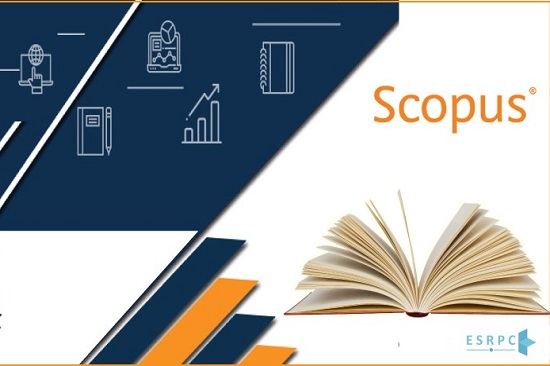| News Details |
A group of researchers publish a research in a reputable international scientific journal
2025-02-05

In a new scientific achievement, a group of researchers at the Upper Euphrates Center for Sustainable Development Research at the University of Anbar are able to publish a research in the journal AgBioForum for their research tagged: (Bioremediation of Medical Center Wastewater Using Oscillatoria Splendida and Microcystis Aeruginosa Algae Species).
AgBioForum is a sober international scientific journal within the second quartile Q2 and has a cite score 2.
The participating researchers are:
· Assistant Professor Dr. Hala Arshad Ali
· Assistant Professor Dr. Muthanna Badie Farhan.
· Assistant Lecturer Areej Hamad Hassan.
The research is considered one of the applied scientific research, and revolves around the study of the effectiveness of the dual algae treatment system using the species (Oscillatoria splendida) and Microcystis aeruginosa), to treat wastewater in hospitals and medical centers, as the performance of these types of cyanobacteria in removing key contaminants, including organic matter, nutrients and heavy metals, was evaluated during a 14-day treatment period. Wastewater samples were treated with 20%, 40% and 60% dilutions separately with each type of algae. The results showed significant reductions in electrical conductivity, total dissolved solids, phosphates, nitrates, and heavy metals (zinc, copper, nickel) in all dilutions. The species (O. splendida), excelled in reducing conductivity and removing some heavy metals, while (M. aeruginosa), enhanced the efficiency of removing nitrates and zinc. Both were ideal in various wastewater dilutions of many pollutants, demonstrating the possibility of synergistic effects in the combined treatment approach, according to statistical analysis, there were significant differences between the efficiency of the two types, with strong associations between algae biomass and the removal of contaminants.
The study found that existing systems using algae can be applied to treat wastewater medically, and suggests ways to improve treatment conditions in future large-scale applications.
#Upper_Euphrates_Center_for_Sustainable_Development_Research







